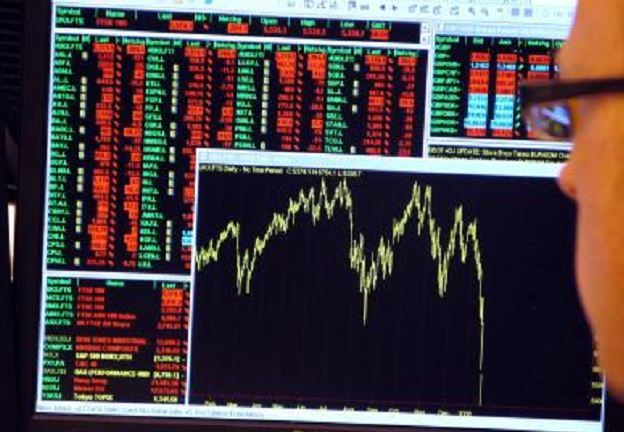
Oil Search Ltd., the energy producer that agreed to acquire fellow Papua New Guinea explorer InterOil Corp. for $2.2 billion, is betting it can overcome a languishing liquefied natural gas market to deliver another export project by beating rivals on costs.
The company expects its deal last month to buy up and divide InterOil’s assets with Paris-based Total SA will pave the way for cooperation between its partners at the Pacific nation’s two separate LNG ventures. A global supply glut has pushed prices down more than 60 percent in the past three years, deterring gas export projects elsewhere.
Oil Search, which has a major stake in both of the projects, is seeking gas reserves to underpin an increase in exports and is encouraging collaboration between the ventures led by Exxon Mobil Corp. and Total. Cooperation on infrastructure could lead to more than $5 billion in savings over 20 years, consulting firm RISC estimates.
“I don’t think you will see a revisit of the pricing we saw in 2013 and 2014 for a very long time,” Oil Search Managing Director Peter Botten said in a phone interview on Thursday. “I do believe you can still be very competitive, but you’ve got to be absolutely on the bottom end of the cost curve.”
Botten expects oil prices to slowly advance toward $60 a barrel by the end of next year as supply and demand come back into balance. Brent, the global benchmark, traded at $51.60 on Friday.
“You can see in our view a slow progression toward a slightly higher oil price,” he said. “LNG is slightly more difficult and more challenging on the back of the capacity that has been built in recent years.”
The Total venture with Oil Search sees an opportunity to offer a stake in their project to the PNG LNG partners, including Exxon, or to LNG customers to further align the two projects, Botten said. The Total project could bring in another partner “as an incentive to secure a combined development,” according to a report last month from Deutsche Bank AG analysts in Melbourne.
“The door is wide open to those opportunities,” Botten said.
Shares of Oil Search declined 1.9 percent to A$6.87 as of 3:54 p.m. Sydney time, while Australia’s benchmark index fell 1 percent.
After buying 100 percent of InterOil, Oil Search will sell the majority of the acquired gas assets to Total for about $1.2 billion up front. If the deal is approved, Oil Search would hold a 29 percent stake in Total’s proposed Papua LNG project. That’s the same share it has in Exxon’s $19 billion PNG LNG development, which is considering expansion.
Recommended for you
